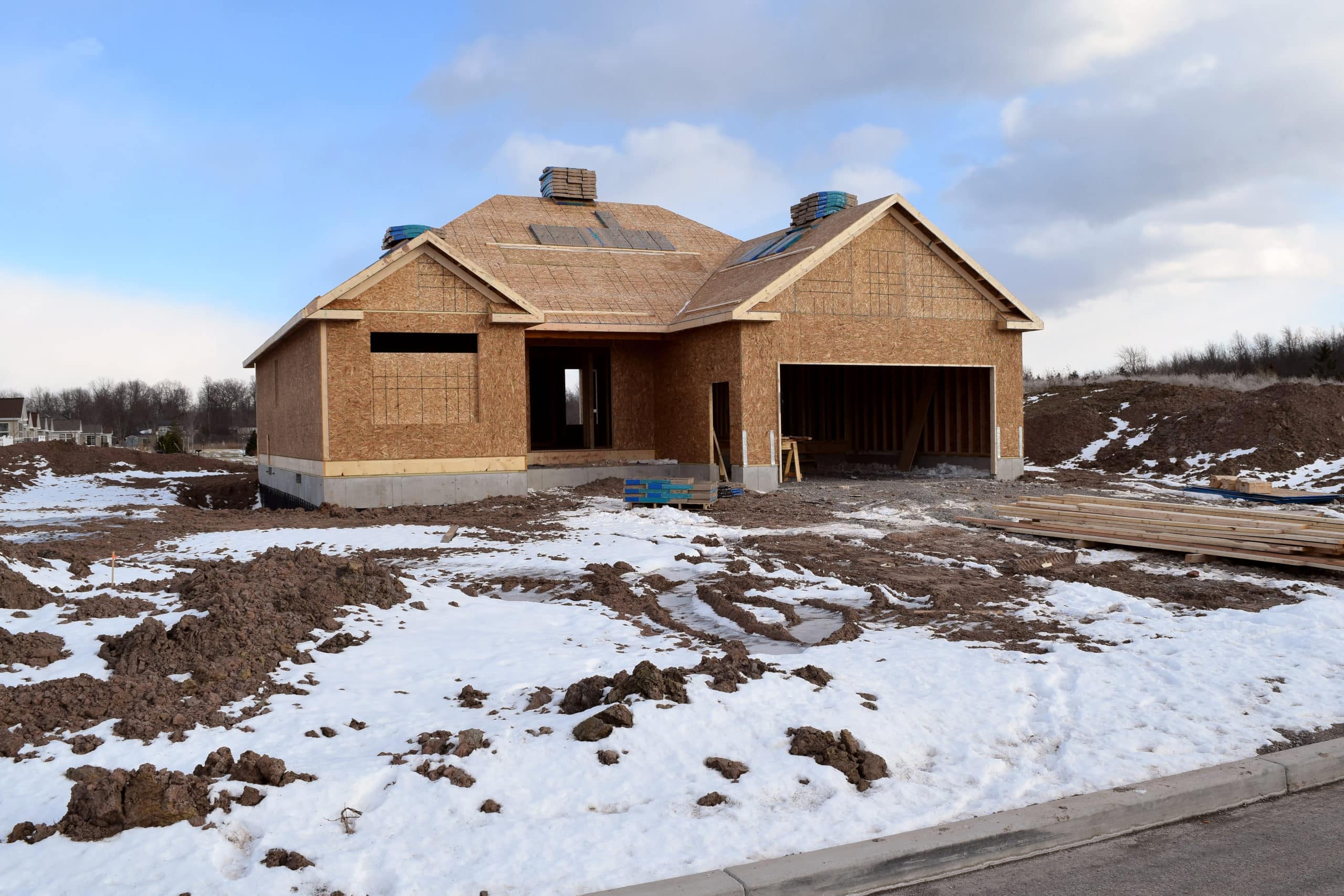Basements
 7 Warning Signs a Basement Wall Crack is Structurally Serious
7 Warning Signs a Basement Wall Crack is Structurally Serious
 Which Basement Wall Cracks Are Structural, Cosmetic or Just Normal?
"V" shaped cracks and cracks that are offset are often more serious than other types of cracks.
Which Basement Wall Cracks Are Structural, Cosmetic or Just Normal?
"V" shaped cracks and cracks that are offset are often more serious than other types of cracks.
 Frost Heave & Ice Lenses Damage Foundations and Basements
Foundation damage and basement wall cracks may result from frost heaving and ice lenses, especially homes with poor drainage.
Frost Heave & Ice Lenses Damage Foundations and Basements
Foundation damage and basement wall cracks may result from frost heaving and ice lenses, especially homes with poor drainage.
 Pumping Flood Water Out Of Basements Too Soon May Cause Structural Damage
Basement walls may crack or even collapse if flood water is pumped out of a basement too soon; Know what to look for.
Pumping Flood Water Out Of Basements Too Soon May Cause Structural Damage
Basement walls may crack or even collapse if flood water is pumped out of a basement too soon; Know what to look for.